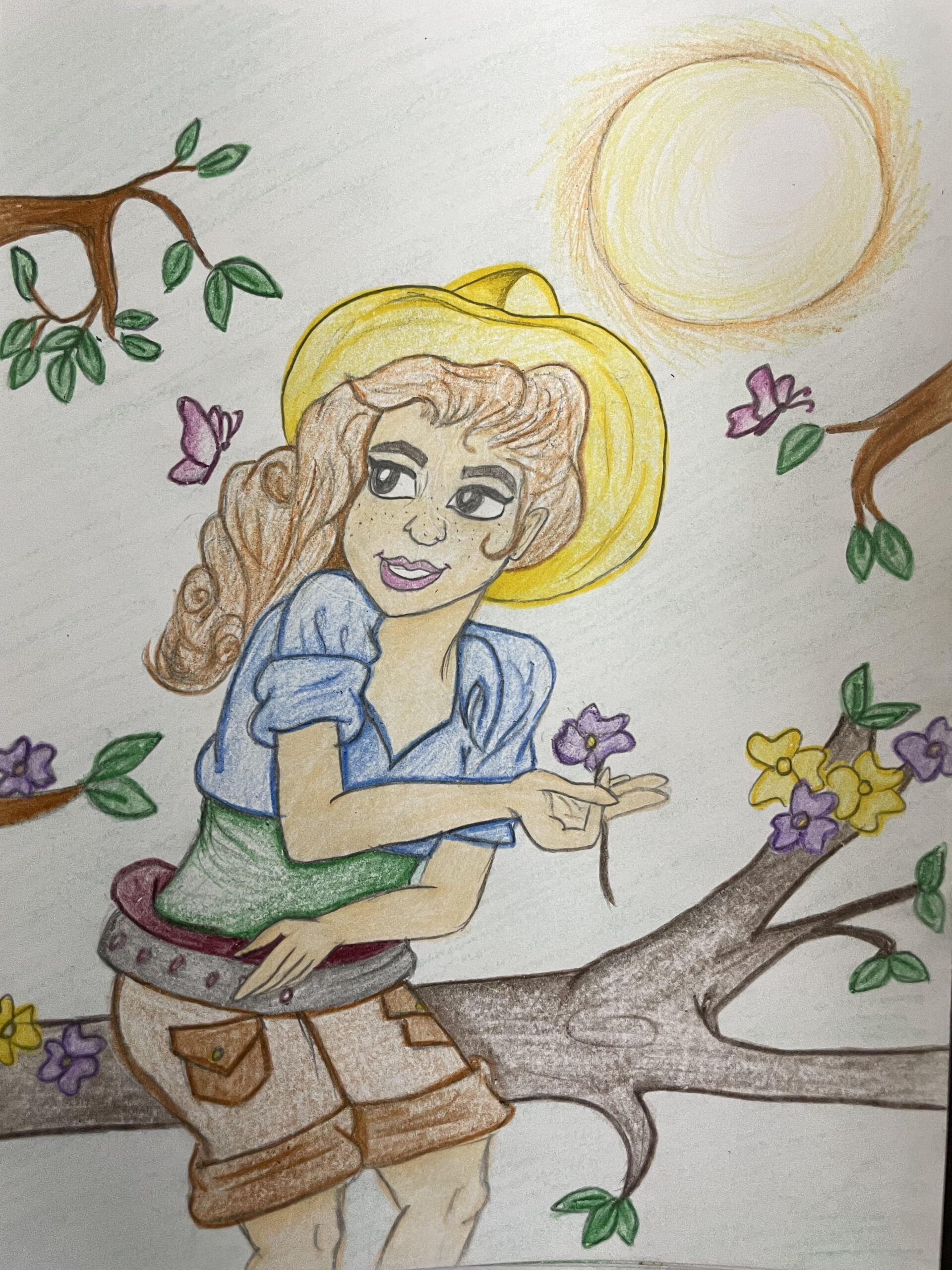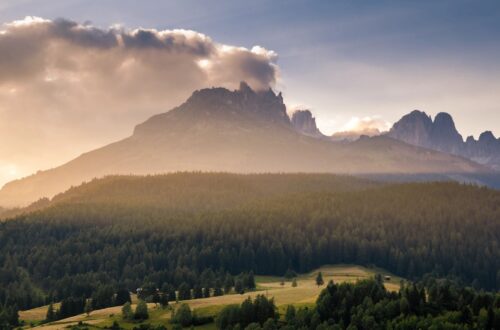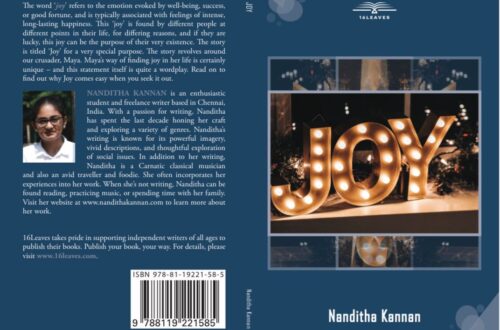
HOPE
I lay on the soft grass, its edges tickling my bare feet, as the delicate drizzle caressed my cheeks. What else did I need? I breathed in the refreshing air, holding on tightly to my older brother’s hand, and we just lay on the field for a long time, feeling dizzy and glorious.

I was jerked back to the present by a loud hacking noise. My cheeks were stained with salty tears, my eyes weary. I looked around the congested room we were living in currently. My mother was sitting motionless in one corner, her face emotionless and dull. My father was standing outside, bathing in the misery of not getting a penny for his meager harvest, his hand placed on his forehead and his face bearing a look of utter despondency.
I broke into tears again, sobbing harder than ever now. I stumbled to the side table, with its broken leg, and took the small, framed picture in my hand. My lips trembled as I looked at the bleached face of my lovely older brother staring back at me, a light smile playing on his mischievous face. I remained shell-shocked, thinking of how much despair a mere two years could bring. The year was now 1930. Two years back, all was well. We were a prosperous family of four with five flourishing acres that reaped corn. I was, back then, a thirteen year old, with no vision, and no understanding of the world beyond our delightful cornfield. The only person I loved the most in the world and trusted with all my heart was my older brother, the kindest, most caring soul, who loved me equally well. Then, in 1929, hardship and suffering struck us all. With prices dropping at a rapid pace, we were beginning to earn nearly nothing for our harvests. Labor in the field more demanding now, my brother and I began to work for longer hours in the dry sun. November 1929 brought a grieving dose of anguish for our family. My brother was struck with a severe case of pneumonia and passed away shortly afterward. “Hope!” my father called out from outside. “Hope!” I gathered the little diligence I had left in me and ran out to my father. He looked at me, his eyes welling with tears, smiling gratefully. We both ran to the center of the field, and gasped, elated. The corn had begun to grow again. The temperamental fall in prices, along with the arid change in the climate had made our harvests even more difficult. We had, however, continued sowing the seeds, and spending hours on the field, hoping and praying for some corn for us to sell. The outsiders were skeptical. They called this period the ‘Great Depression’. ‘You’re not gettin’ no money,’ our neighbor had said to my aggrieved father. But father had a good hope and faith in God. ‘We will never starve,’ he told me and my mother. Now, my father looked at me through strained eyes. “Did I not tell you, my dear?” he said. “All we have to do is hope, when it seems that all is lost. Put your faith somewhere, and hope for the best, the rest will be taken care of. Isn’t that all we can do, when things are not under our control? Hope is the last straw like you are ours, my dear Hope.”




